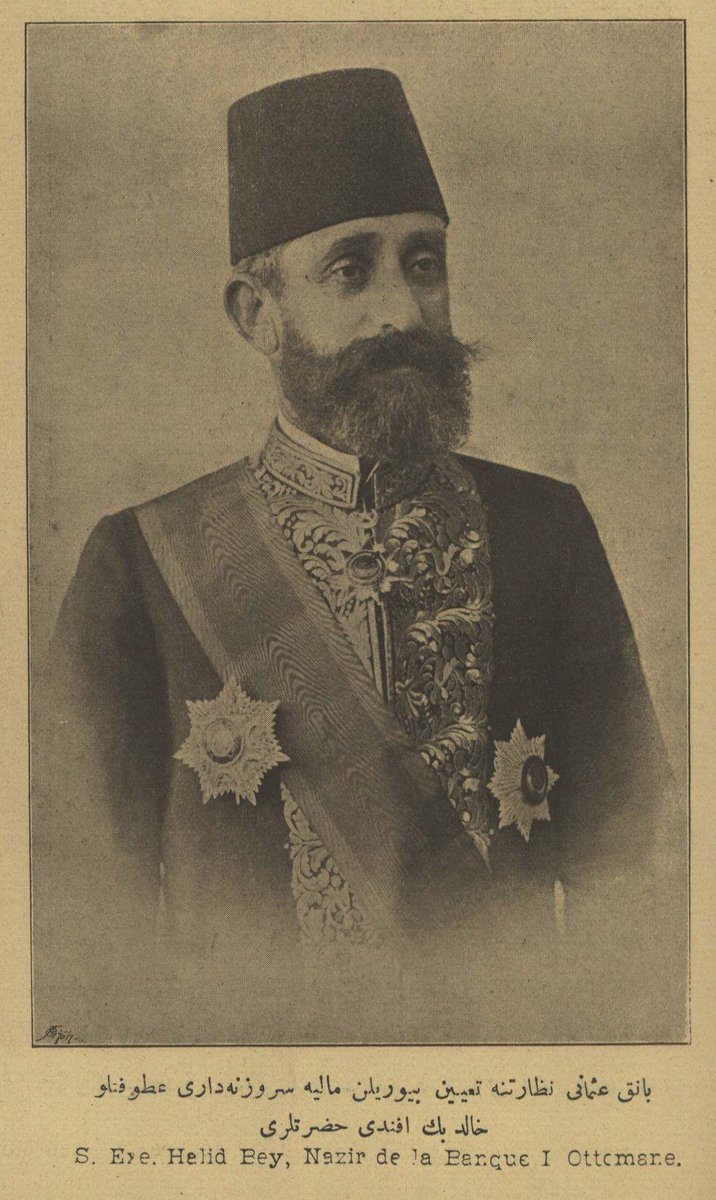Mint for 15 years (1895-1909), created a cash-cow for
himself and his cronies, in the view of this whistleblower,
Chemist Alemdarzade Hakkı.
The esoteric fine points of the mint's processes and a nest
of influence and nepotism that enabled the corruption are
described here in detail in this 1909 exposé, which has been
transcribed-translated from the original Ottoman by TNT.//

The old Darphane-i Amire (Ottoman Mint) in Istanbul.
To the Minister of Finance and the Honored Members of the Assembly
The Çakırcalı Mint in the Period of Despotism
Soma Matbaası (Printer) – Galata’da Şahsüvar Zekaganda numara 37
1325
When 'Meşrutiyet' (return of constitutional government- December
1908) was announced, sensational reports were published in the
newspapers about the embezzlement of 80,000 lira by the director of
the mint Hakkı Halid Bey. The concerned Ministry did not refute these
charges in any serious manner. So, having professional credentials in
this field, I felt it was my duty to write these few lines to expose the
problem and put forth the truth.
My analysis will be presented in two parts. The first part concerns the
15-year tenure of Hakkı Halid Bey up until 'Meşrutiyet', focusing on
the changes he made in the mint's administration and his transgressions.
The second part will address the position taken by the government since
'Meşrutiyet' and the process it has followed in this context.
Hakkı Halid Bey
Part One
Director of the Mint Hakkı Bey is the son of Halid Bey, the former
Serveznedar (head cashier) of the Finance Ministry. Hakkı Bey spent
one or two years in Sultani (Galatasaray high school). He then went to
Europe to complete his education, where he was the student of the late
Çeşnicibaşı (chief assayer of the mint) and chemist, the Frenchman
Monsieur Moro. Hakkı Bey took unfair advantage of having the same
name of another Hakkı Bey, as well as his father's influence, to get
the scholorship to Europe.
After staying in Paris for two years and after Monsieur Moro died,
based on the guidance of Ottoman Ambassador in Paris Salih Münir
Paşa, along with support from Faik Bey and the Seccadecibaşı (keeper
of the Sultan's prayer rugs), he was appointed as head cashier at the
mint.
As soon as he became the head cashier, Hakkı Bey hired Şakir Bey,
who was an expert in such matters, as his assistant in order to cover up
his own lack of knowledge. The two of them joined forces and started
in the year 1311 (1895), when they began their tenure, to make the
requisite arrangements to facilitate their maladministration. Hakkı
Bey's first action was to have a relative named Necmüddin Bey moved
from the Mines Administration and put into an influential position at
the mint.
Subsequently, both Hakkı Bey and Şakir Bey equally divided up the
good jobs in the mint for their relatives and effectively brought the
mint under the complete control of the "homme du bois" (their kinsmen),
making Hakkı Bey the mint's dictator. However, this didn't satisfy them.
In order to run the mint in a completely unfettered way, these two
cohorts turned their attention to the mint's accounting department and
incited the suicide of accountant Hayrüddin Bey, who was an honest
and competent man, and forced the retirement of the accounting
section's director.
So at this point, with Hakkı Halid Bey as Director, Şakir Bey as head
cashier and the appointment of Zehdi Efendi, famous for his despotic
magnetism, to head the accounting section, the entire management of
the mint fell into their hands. In the nine years from the time of his
appointment to the year 1320 (1904), Hakkı Bey's maladministration
and the staining of the mint's directorate, enabled by the people he hired,
was bad but paled in comparison to the transgressions of his subsequent
years in power.
The most egregious corruption began in 1320 when Hakkı Bey came
under the protection of 'Arap' İzzet Halo Paşa, a very close confidante to
the Sultan at Yıldız Palace and the unofficial director of all financial
matters. The corruption that Hakkı Bey had somehow been unable to
accomplish up until then was facilitated directly from the Palce by İzzet
Paşa. As a result, the mint became, in essence, Hakkı Bey's own farm or
factory for him to administer as his whims demanded.

Hakkı Bey forced the honorable workers at the mint into submission or
made them retire, putting his loyal minions in their places. He was
showered with rank and honors from the Palace and his father Halid Bey
was appointed to watch over the office of the chief cashier and as head
of the Bank-ı Osmani. In this way, Hakkı Bey was able to control the
inspectors coming to the mint from both the Finance Ministry and Bank-
ı Osmani.
Left free and uncontrolled in this way, Hakkı Halid Bey took every
opportunity to enthusiastically fill his own coffers and he was quite
successful in this regard. So although the total amount of his
embezzlement cannot be precisely determined, it is certainly in excess
of 40,000 liras. Shall we now look at the maneuvers that Hakkı Halid
Bey and his assistant Şakir Bey used to steal this much money!?

Hakkı Halid's father Halid Bey.
//END of PART I//

Hiç yorum yok:
Yorum Gönder